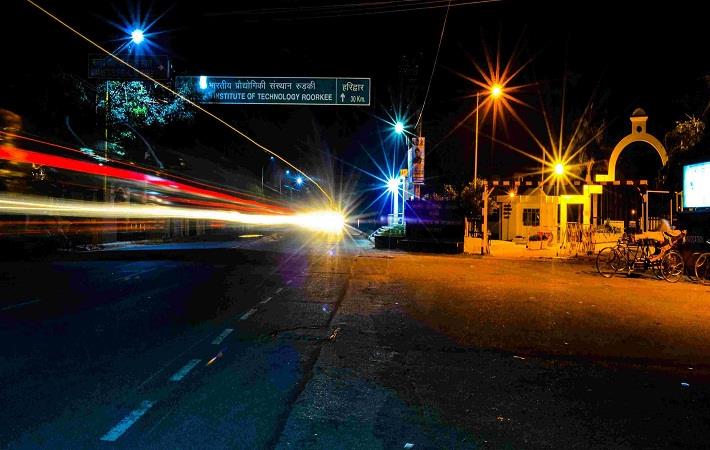
Based on feedbacks received from NGO Himalaya Trust, Bageshwar and the spinners, it was reported that a weaver normally earns on an average ₹90-150 per person per day through spinning Tibetan and Merino Wool on traditional charkha. But after the introduction of modified charkha, a weaver can earn upto ₹250-350/- per day resulting in 2.5 times more earning by the weavers. It was also found by the spinners that yarn produced by motorised charkha is stronger than the yarn produced using the manually operated charkha and is more uniform also, said IIT Roorkee in a press release.
Furthermore, it was observed that the charkha is eco-friendly as it does not require any fossil fuel and sort combustion, so there is no risk of explosions and operation of charkha does not harm the environment. It ensures safety of the people and has no human drudgery as well as is easy to operate. Further, R&D for reducing the cost and integrating with sources of renewable energy is underway.
Once given to the manufacturer, it is easier to manufacture the charkha as almost all the parts are available in the local market, while the gearbox and speed controller may be procured from nearby markets. As far as the operating cost of the charkha, it is almost nill if it is operated manually but will be about `2 towards electricity charges if operated by electrical motor in 8 hour shift in a day.
“In order to eliminate the limitations of traditional charkha, an attempt was made to modify the Bageshwari charkha by introducing foot operated electrical motor, speed controller, modified flyer and a crank for lateral motion of bobbin and light weight steel pipe instead of wooden frame. The charkha was developed after it underwent 4 stages of modification,” said RP Saini, professor HRED, IIT Roorkee.
“The team interacted with the spinners living in the adjoining villages with the help of regional coordinator of Himalaya Trust and training on the modified charkha was conducted at HRED, IIT Roorkee. A spinner normally spins nearly 70-80 grams of woollen yarn per hour using traditional charkha resulting in spinning of approximately 600 grams in 8 hours, whereas modified Bageshwari wool charkha can spin local wool up to 200 grams during one hour. One unit of modified charkha would produce approximately 1.6 kg of local wool yarn and 1.4 kg of Merino wool per day, resulting more than two times more production compared to traditional charkha,” added Saini. (PC)
Fibre2Fashion News Desk – India